Air pollution directs to a physical, biological or chemical change in the air. Factors such as smoke, dust and harmful gases are responsible for making the air quality impure & poisoning. It not only affects humans but also damages plants, animals, and other living creatures.
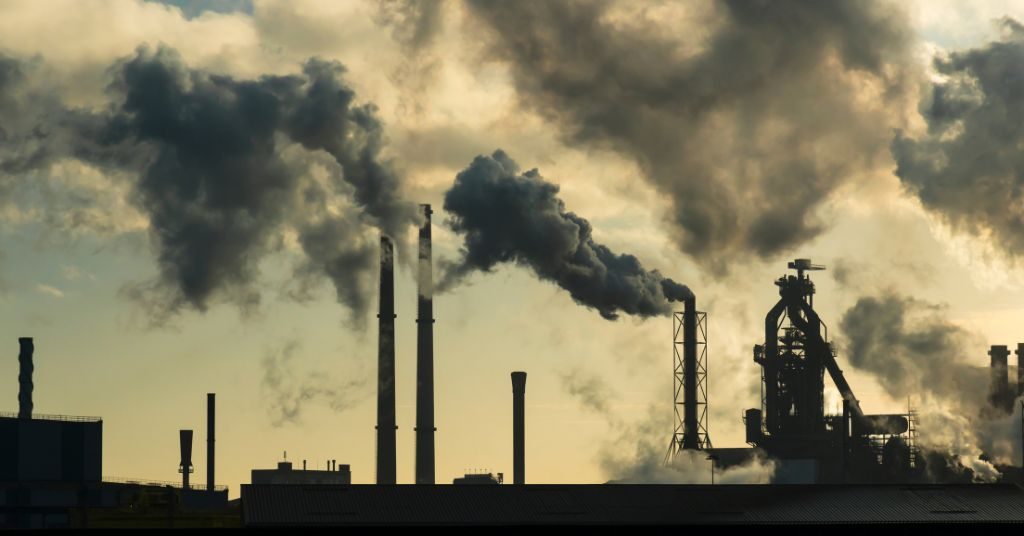
A certain percentage of numerous gases are present in the atmosphere. And an increase or decrease in the arrangement of these gases is what causes harm to survival. The inequalities in the gaseous composition have resulted in a drastic increment in the earth’s temperature.
The increase in the earth’s temperature is what we call “global warming”. There is not one, but numerous factors involved in polluting the air.
Related Article: COP27 – UNFCCC World Leaders Summit 2022
Air Pollution Definition
According to the World Health Organisation (WHO), “Air pollution is the contamination of the indoor or outdoor environment by any chemical, physical or biological agent that modifies the natural characteristics of the atmosphere.”
What Is Air Pollution?
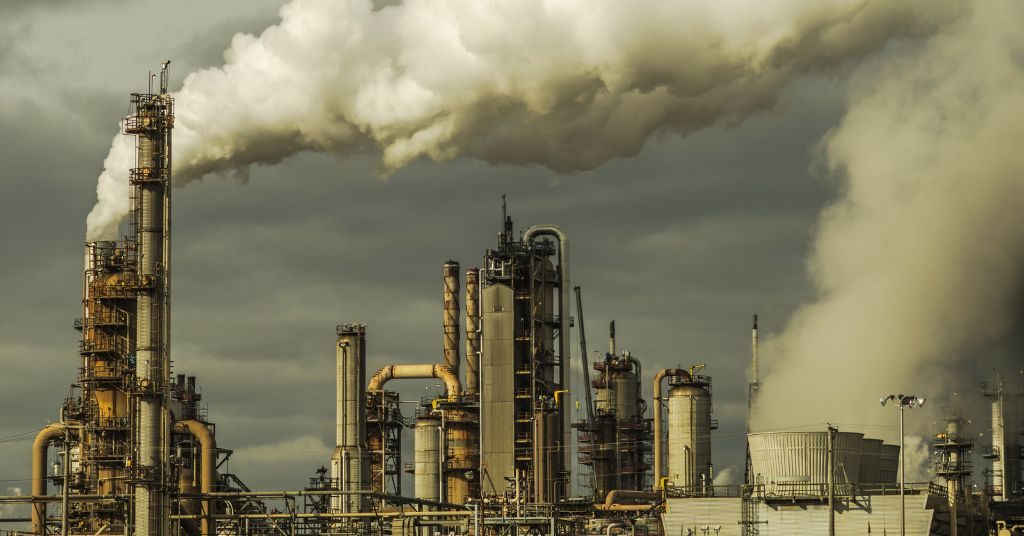
Elements such as household combustion devices, motor vehicles, forest fires and industrial establishments are sources of air pollution. Pollutants that are severely concerning are carbon monoxide, ozone, nitrogen dioxide, particulate matter and sulfur dioxide.
Moreover, indoor and outdoor air pollution causes respiratory & other illnesses making it a much more severe problem, sourcing in an increase in mortality rate.
Furthermore, as per the WHO data, almost 99% per cent of the global population breathes air that contains high levels of pollutants. Also, low and middle-income countries are suffering more the brunt of air pollution exposure compared to high-income countries.
Check Out This Article: Healthy Food For Winter Season To Keep All Illnesses At Bay
What Is Pollutant?
According to Collins Dictionary, “pollutants are substances that pollute the environment. Pollutants are found in gases from vehicles and poisonous chemicals produced as waste by industrial processes.
In simple words, pollutants are the molecules, elements and particles collectively involved in creating pollution.
What Is Pollution?
Pollution is the presence of any substance in water, air, food or soil that threatens the health of humans, plants, and animals’ lives. Often pollution comes from pollutants, such as carbon monoxide, but also, results from traffic noise or street lights.
Furthermore, air pollutants are categorised as primary or secondary.
Primary pollutants are directly emitted into the atmosphere. Secondary pollutants are formed in the atmosphere from precursor gases through chemical reactions and microphysical processes.
Causes and Sources Of Air Pollution
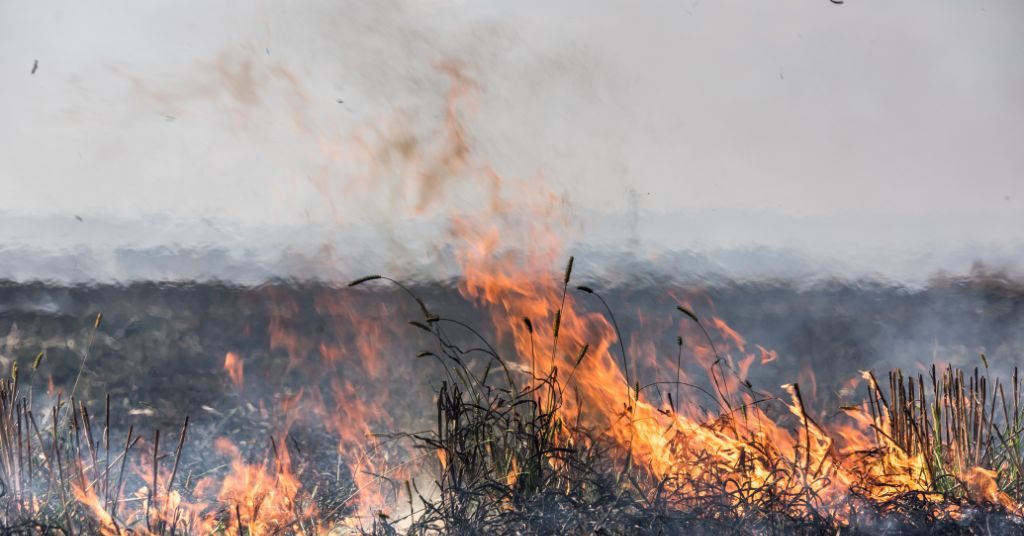
The rising number of pollutants in the air has made breathing fresh and clean air nearly impossible. The causes and sources of air pollution have made everyone anxious. Moreover, air pollution is a major environmental killer, destroying the lives of over 17 billion people worldwide.
The following are the main causes and sources of air pollution:
1) The Burning of Fossil Fuels
2) Emissions from Industries
3) Indoor Air Pollution
4) Wildfires
5) Microbial Decaying Process
6) Transportation
7) Open Burning of Garbage Waste
8) Construction and Demolition
9) Agricultural Activities
10) Use of Chemical and Synthetic Products
Check Out This Article: 5 Yoga Poses To Alleviate You From Anxiety
Effects Of Air Pollution
With everything that comes with air pollution, one thing primarily taken into account, it must never be taken lightly. Air pollution leaves grave consequences on our health both in the short-term and long-term.
Different people experience a varied range of health effects from getting exposed to air pollution. As mentioned, the effects can be short-term (can impact health temporarily) and long-term (can impact for years or a lifetime). Nevertheless, it can be quite devastating.
1) Short-Term Air Pollution Effects On Humans
a) Pneumonia
b) Bronchitis
c) Irritation to the nose, throat, eyes, or skin
d) Headaches, dizziness, and nausea
2) Long-Term Air Pollution Effects On Humans
a) Heart disease
b) Lung cancer
c) Respiratory diseases such as emphysema
d) Can damage nerves, brain, kidneys, liver, and other organs
e) In some cases, birth defects
f) Asthma
Types Of Air Pollutants
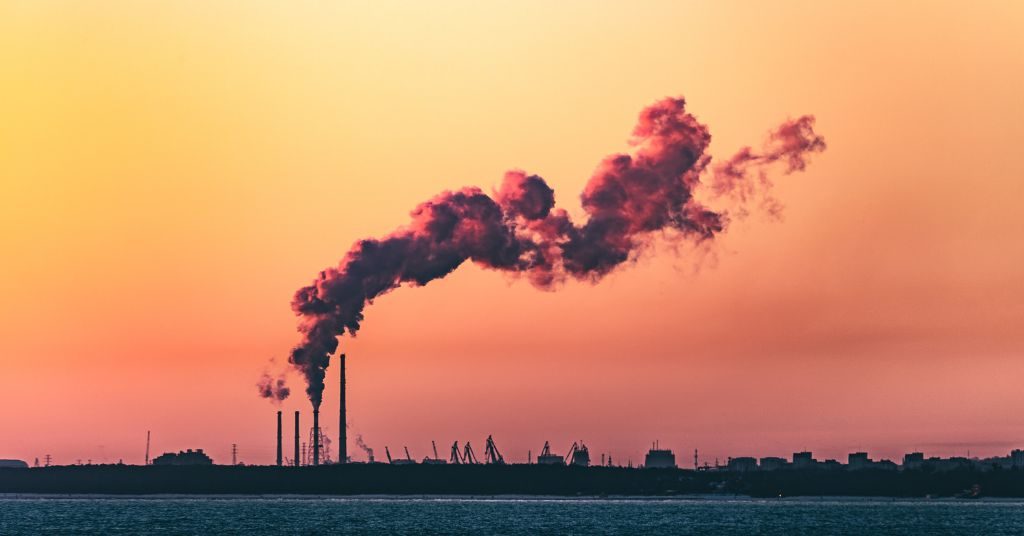
A large number of impurities have the power to pollute the air quality in a variety of forms. Practically, any toxic chemical can make its way into the atmosphere to pollute the air we breathe. The following are the different types of air pollutants:
i) Ammonia (NH3) – a colourless gas with a strong odour. Its main source comes from agricultural processes. It’s usually found in livestock waste management and fertiliser production.
ii) Carbon monoxide (CO) – a colourless, tasteless and odourless toxic gas. The gas emitted in the atmosphere directly from combustion engines, vehicles and other sources.
iii) Nitric oxide (NO) – also known as nitrogen monoxide, is a toxic and colourless gas formed through the combustion process of petroleum and coal.
iv) Nitrogen dioxide (NO2) – formed via the oxidation of nitric oxide from combustion processes, such as coal, oil, gas, wood, diesel engines and waste plants.
v) Ozone (O3) – a pale blue gas with a strong smell, formed through the photochemical reactions to other pollutants. Such pollutants are flammable organic compounds from sunlight & UV radiation, carbon monoxide and nitrogen oxides.
vi) Particulate matter (PM) – consists of airborne liquid and solid particles emitted from a direct source, such as vehicle traffic, power plants, construction sites and indoor stoves and heaters.
vii) Sulphur dioxide (SO2) – a toxic gas with a pungent smell. Mainly, it arises from refining processes of oil, coal & metal-containing ores and combustion.
How To Reduce Air Pollution
With air pollution increasing, it seems challenging to control and even reduce it. As people say, “little drops of water make the mighty ocean.” Similarly, with our collective efforts, we can reduce air pollution by following simple steps:
a) Conserve energy – at home, work, or wherever you are. In short, turn off the lights & fans when not in use.
b) Look for the “Energy Star” label before buying any home or office equipment.
c) Use public transportation, carpool, bike, or walk whenever possible.
d) Follow gas refuelling instructions for efficient vapour recovery. Stay careful not to spill fuel, and tighten your gas cap securely.
e) Use eco-friendly safe paints and cleaning products.
f) Compost leaves and yard waste.
g) Follow recycle and reuse technique every now and then.
h) Say no to plastic bags. Instead, use jute bags or cloth bags.
i) Use fans instead of Air Conditioner (AC)
j) Implement Afforestation. Grow plants at home. Buy in-house plants to clean your indoor air and control indoor air pollution.
Even though it seems impossible to reduce or control air pollution by following these steps. In the long run, it will be beneficial. We need to be adamant about reaching the goal.
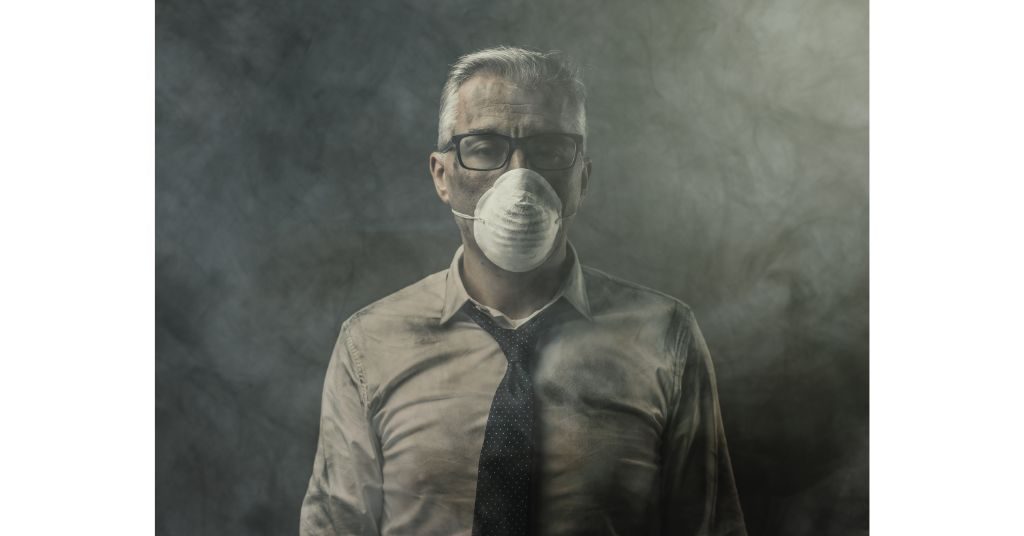
Final Thoughts
To conclude, air quality is closely linked to the earth’s ecosystem and climate. Combustion of fossil fuels & other drivers is the source of greenhouse gas emissions, contributing to a tremendous increase in air pollution.
Presently, air pollution in New Delhi (Delhi) and nearby areas are worst. It is extremely harmful to people, animals and plants in its vicinity. Additionally, Delhi’s air quality is the worst to breathe, not just in India but in the world.
Furthermore, it is advisable for everyone to wear a mask when leaving the house. It’s not about COVID-19 anymore, but it’s a health hazard that’s taking a toll on everyone’s physical and mental well-being.
Moreover, to read such environmental issues or news, visit PiggyRide. The e-learning platform offers a variety of different topics to be explored by curious people like you. A perfect medium for your little ones to explore and learn something new every day!


Leave a Reply